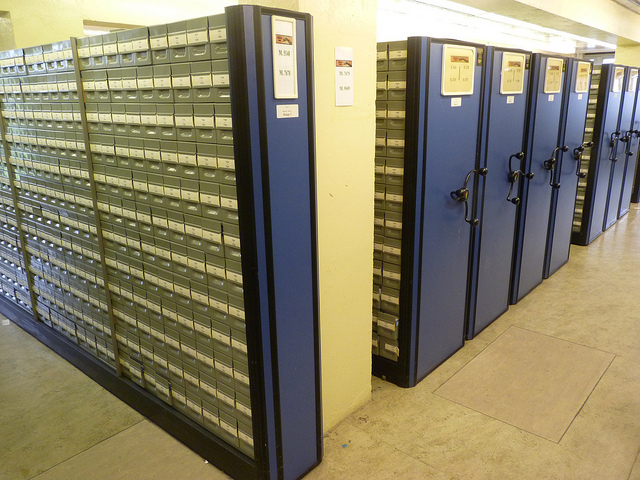Vermont’s eugenics history demands public reckoning
By Steve May,
VT Digger
| 03. 13. 2017
Charles Murray, who spoke recently at Middlebury College, has reprised “the best of eugenics” to inform his lectures and writings including his book, “The Bell Curve.” Murray argues for the relative intelligence and suitability of ethnic groups to a host of workplace and societal activities based upon amongst other demographic drivers, “race.” Be clear, Dr. Murray’s work is nothing more than racial stereotyping dressed in cooked numbers and is designed to scramble the status quo. It’s the worst form of gutter politics masquerading as junk science.
A century ago, Americans led in what was then considered to be a promising area of scientific research. It had been used to bridge the gap between research and the conventions of society to explain why certain subsets of civilization were predisposed towards certain intellectual pursuits or physical ones. That area of scientific research has a name: eugenics. Eugenics involved attributing features about race and ethnicity to one’s biology or genetic profile. Most Americans and Vermonters are aware that this genetics-driven view of the world was at the core of Hitler’s political ideology. Biology...
Related Articles
By Dan Barry and Sonia A. Rao, The New York Times | 01.26.2026
Photo by Gage Skidmore from Peoria, AZ, United States
of America, CC BY-SA 2.0, via Wikimedia Commons
Late last month, a woman posted a photograph on social media of a purple hat she had knitted, while a black-and-white dog...
By Arthur Lazarus, MedPage Today | 01.23.2026
A growing body of contemporary research and reporting exposes how old ideas can find new life when repurposed within modern systems of medicine, technology, and public policy. Over the last decade, several trends have converged:
- The rise of polygenic scoring...
Group of Tuskegee Experiment test subjects
Public Domain via Wikimedia Commons
Every generation needs to learn about what is commonly known as the Tuskegee syphilis study, which ran from 1932 to 1972. (Officially, it was the U.S. Public Health Service Syphilis Study at Tuskegee, Alabama, which gets the emphasis right.) For many people, the history is hard to believe, though it is hardly unique. Of the 600 subjects, all Black men, 399 had syphilis, for which...
By Evelina Johansson Wilén, Jacobin | 01.18.2026
In her book The Argonauts, Maggie Nelson describes pregnancy as an experience marked by a peculiar duality. On the one hand, it is deeply transformative, bodily alien, sometimes almost incomprehensible to the person undergoing it. On the other hand...




